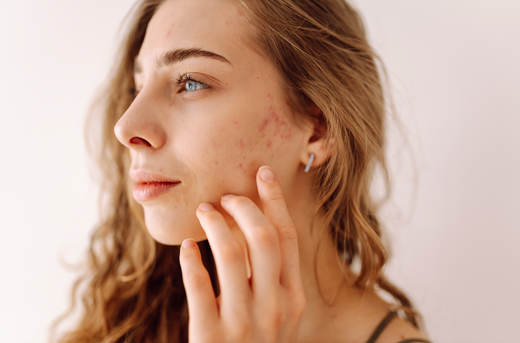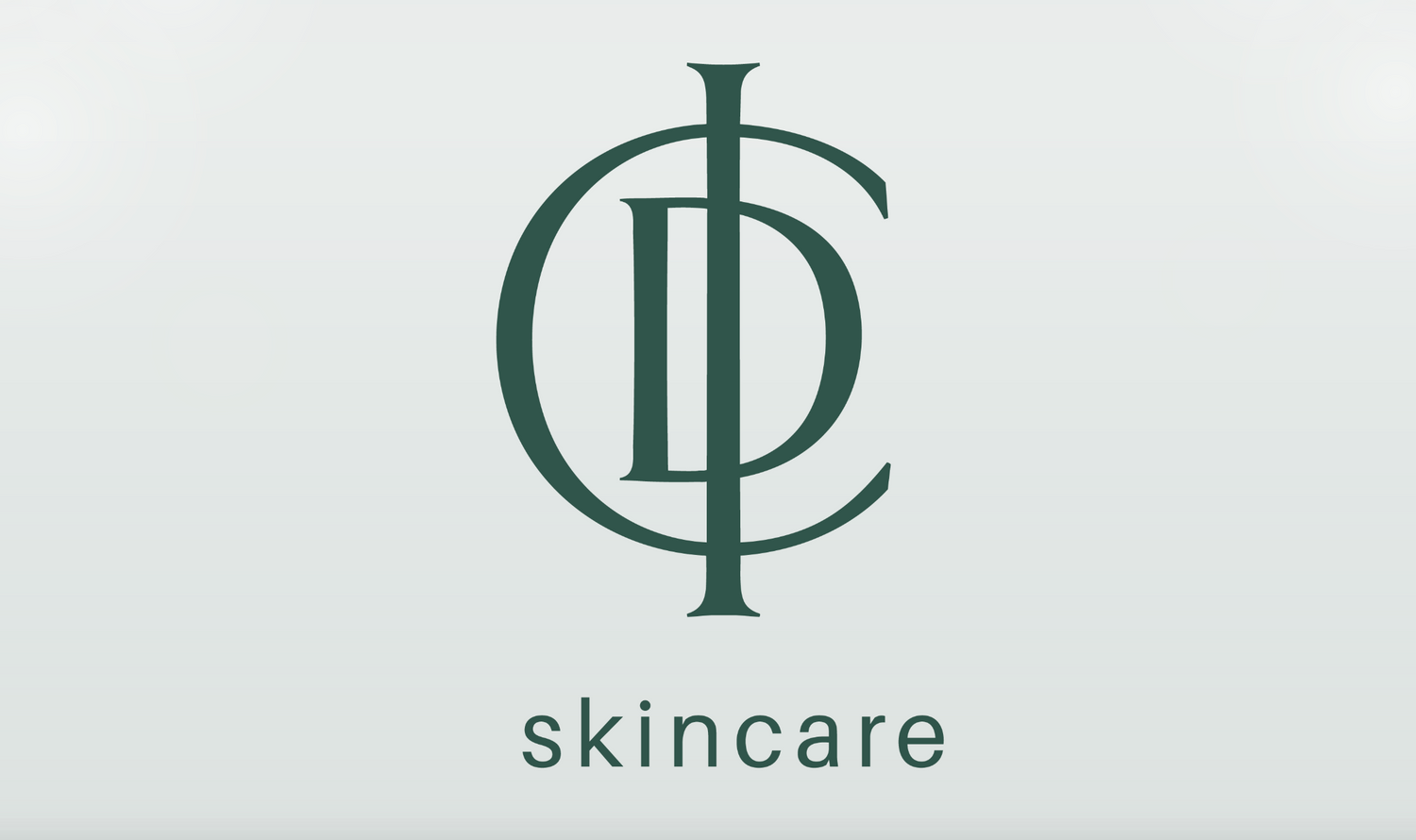Hormonal fluctuations can significantly impact our skin, leading to a variety of issues such as acne, dryness, or oiliness. Even if you have a consistent skincare routine, hormonal changes can disrupt your skin's balance. In this blog post, we'll delve into how hormones affect our skin, common skin concerns related to hormonal changes, and effective strategies to manage them.
How Hormones Affect Your Skin
Hormones play a crucial role in regulating various bodily functions, including skin health. Here's how hormonal fluctuations can impact your skin:
- Increased Oil Production: During puberty, pregnancy, and menstruation, hormone levels can fluctuate, leading to increased sebum production. Excess sebum can clog pores and contribute to acne.
- Dehydration: Hormonal changes can disrupt the skin's natural moisture barrier, leading to dryness, flakiness, and sensitivity.
- Hyperpigmentation: Fluctuating hormones can trigger the production of melanin, resulting in dark spots and uneven skin tone.
Common Skin Concerns Related to Hormonal Changes
- Acne: Hormonal acne is a common skin condition characterized by breakouts on the face, chest, and back.
- Dry Skin: Hormonal fluctuations can lead to decreased oil production, resulting in dry, flaky skin.
- Oily Skin: Increased sebum production can cause oily skin and clogged pores.
- Hyperpigmentation: Hormonal changes can trigger the production of melanin, leading to dark spots and uneven skin tone.
Strategies to Manage Hormonal Skin Changes
While you can't control your hormones, you can take steps to manage their impact on your skin:
1. Gentle Cleansing:
- Avoid harsh cleansers: Opt for gentle, fragrance-free cleansers that won't strip your skin's natural oils.
- Double Cleansing: Consider using a gentle oil-based cleanser followed by a water-based cleanser to remove makeup, dirt, and excess oil without irritating the skin. Our trio of Incellderm cleansers provide the gentle, fragrance-free options to cleanse throughly using oils and enzymes, without drying out your skin.
2. Hydrating Skincare:
- Moisturize: Use a lightweight, moisturizer to keep your skin hydrated without clogging pores. Our Incellderm Active Cream EX is one of the most hydrating creams on the market that use proprietary and patented ingredients which doesn't clog pores but still delivers ultimate hydration to your skin.
- Hyaluronic Acid: Incorporate hyaluronic acid into your routine to attract and retain moisture. Weighted hyaluronic acid is used in many of our Incellderm products to make sure that even the deepest layers of your skin is receiving moisture.
- Ceramides: Ceramides help strengthen the skin's barrier, preventing moisture loss. Many of our Incellderm products also contain ceramides to help maintain healthy, hydrated skin, and protect it from environmental stressors.
3. Targeted Treatments:
- Spot Treatments: Use spot treatments containing benzoyl peroxide or salicylic acid to target individual blemishes.
- Niacinamide: This ingredient can help regulate sebum production and reduce inflammation. Many of our Incellderm products contain this superstar ingredient.
- Retinoids: Prescription retinoids can help to unclog pores, reduce inflammation, and improve skin texture. While many of our customers still choose to add retinol in their skincare routine (reach out to our customer support team, we can help you incorporate different products and ingredients into your skincare ritual), some may find retinoids to be very strong.
4. Lifestyle Factors:
- Stress Management: Stress can exacerbate skin issues. Practice stress-relief techniques like meditation, yoga, or deep breathing.
- Healthy Diet: A balanced diet rich in fruits, vegetables, and whole grains can support overall skin health.
- Adequate Sleep: Prioritize sleep to allow your skin to repair and regenerate.
- Limit Sugar Intake: High sugar intake can contribute to inflammation and worsen acne.
5. Consult a Dermatologist:
If you're struggling with severe or persistent hormonal acne, it's best to consult a dermatologist. They can provide personalized advice and recommend appropriate treatments, such as prescription medications or in-office procedures.
By understanding the impact of hormones on your skin and implementing these strategies, you can effectively manage hormonal breakouts and maintain a healthy, radiant complexion.





